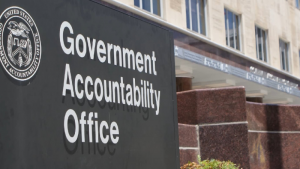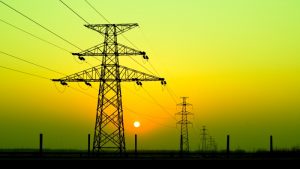Feds Warn of Chinese Hack Into US Critical Infrastructure
Federal agencies called on all organizations today to urgently implement a series of cybersecurity actions after discovering that a Chinese-based hacking group has compromised the IT environments of multiple U.S. critical infrastructure organizations – with the end goal of a future cyberattack.
In joint guidance released on Jan. 17, the Cybersecurity and Infrastructure Security Agency (CISA) – alongside the FBI – is warning critical infrastructure and state, local, tribal, and territorial partners of cybersecurity threats posed by Chinese-manufactured unmanned aircraft systems (UAS), more commonly known as drones.
The Government Accountability Office (GAO) released its third report in a series of four that lay out the main cybersecurity areas the Federal government needs to urgently address.
In a recent report, the National Governors Association (NGA) detailed what practices governors can follow to establish effective cybersecurity governance bodies that support critical infrastructure cybersecurity, with a specific focus on the energy sector.
The Biden administration is proposing that the Federal government take a giant leap into the national broadband service market – traditionally the province of the private sector – in order to close persistent service availability and affordability gaps across the United States.
Participants described how their participation in Jack Voltaic 2.0, a joint exercise between the City of Houston and the Army Cyber Institute held in July 2018, opened their eyes to the threats of a combined cyber and physical attack on critical infrastructure.
The Department of Homeland Security’s (DHS) rare public alert last week about a large-scale Russian cyber campaign targeting U.S. infrastructure raised a piercing alarm about vulnerabilities in the nation’s power grid, and underscored what officials have meant when talking about the need for a whole-of-government and whole-of-nation approach to cyber defense.
Designating state election systems to the nation’s critical infrastructure was a misstep on behalf of the Department of Homeland Security, according to William Gardner, New Hampshire’s secretary of state.








